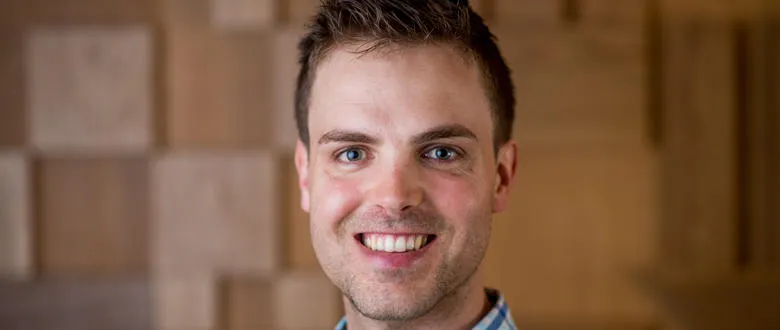Overview
The Orthodontic MSc programme provides academic, practical and clinical teaching in contemporary orthodontics including normal development and growth of the craniofacial region, development of the dentition, interceptive treatment, orthodontic tooth movement, treatment planning, management of malocclusion, the use of contemporary appliance systems and treatment mechanics.
UK candidates interested in funded orthodontic training posts at ST level should apply through Health Education England via the national recruitment process. Successful UK applicants within national recruitment have the option to apply for the Orthodontic MSc at King's College London following the allocation of their training post, which will allow fulfilment of the research component of the orthodontic curriculum. Once training posts are allocated, candidates can contact King's Admissions and the application portal will be re-opened for them to apply.
Key benefits
- Exposure to a wide variety of orthodontic appliances and techniques.
- Rotations to peripheral hospital orthodontic departments in South East England.
- Dedicated postgraduate dental centre at Guy's Hospital.
- Internationally competitive research opportunities.

King's was the obvious choice for postgraduate orthodontics. The state-of-the-art facilities in Guys’ Hospital are incredible to work in, giving me access to new tech and research materials. And studying under the worlds' leading clinical & research fellows, some of whom literally wrote the book on modern orthodontics, has been the most rewarding experience so far.

Course essentials
The Orthodontics MSc programme is based at King’s College London with clinical treatment clinics at Guy’s and St Thomas’ NHS Foundation Trust and King’s College Hospital NHS Foundation Trust, which collectively with King’s College London form King’s Health Partners.
The course is based on the UK General Dental Council Orthodontic curriculum and is delivered through lectures, practical and technical teaching elements, clinical seminars, tutorials, self-directed learning, supervised clinical treatment of patients and attendance on diagnostic and multidisciplinary outpatient clinics.
Academic and clinical teaching is supported by a local virtual learning environment and also through access to the British Orthodontic Society national online learning programme. Assessment is through written, oral and practical examinations, clinical work-based assessments, case presentations, patient logbooks and the submission of a research dissertation.
Students undertake a dedicated research project as part of their course and the Faculty of Dentistry, Oral & Craniofacial Sciences at King’s provides an environment enriched with internationally recognised academics to facilitate this. In recent years, students have undertaken projects incorporating many different subject areas including clinical orthodontics, craniofacial biology, dental materials science, clinical psychology and dental public health.
Students are encouraged to register and undertake a King’s Graduate Certificate in Academic Practice to further develop their educational skills. The programme complies with the principles of Erasmus and supports the European Union directives on specialisation in orthodontics. The course prepares you to sit the Membership in Orthodontics (MOrth) examination of the United Kingdom Royal Surgical Colleges.
This course is taught primarily at King’s College London (Guy’s Hospital, King’s College Hospital, Queen Mary Hospital), and St Georges Hospital, with some first year lectures at Queen Mary University of London. These lectures are organised in blocks, normally at the start of the programme.
Administrative bodies
Regulating body
Application closing date guidance
We recommend that you submit your application as soon as possible as we may need to request further information from you to assess your application. This is particularly important if your application is successful, and you are required to meet any conditions and/or you need a Student Visa to study at King’s.
Due to the competitive nature of this programme, applicants will be required to meet the English language requirement by the application deadline in order to be shortlisted for interview. Please see the Selection Process in the ‘Entry Requirements’ tab above.
- Our first application deadline is on 4 December 2025 (23:59 UK time).
- The final application deadline for all applicants is on 31 January 2026 (23:59 UK time).
As places are limited on this programme, we will be monitoring the amount of offers being made. Applicants who meet our advertised academic entry requirements may therefore be placed on hold while we consider the number of places remaining. You will be informed if your application is being held.
